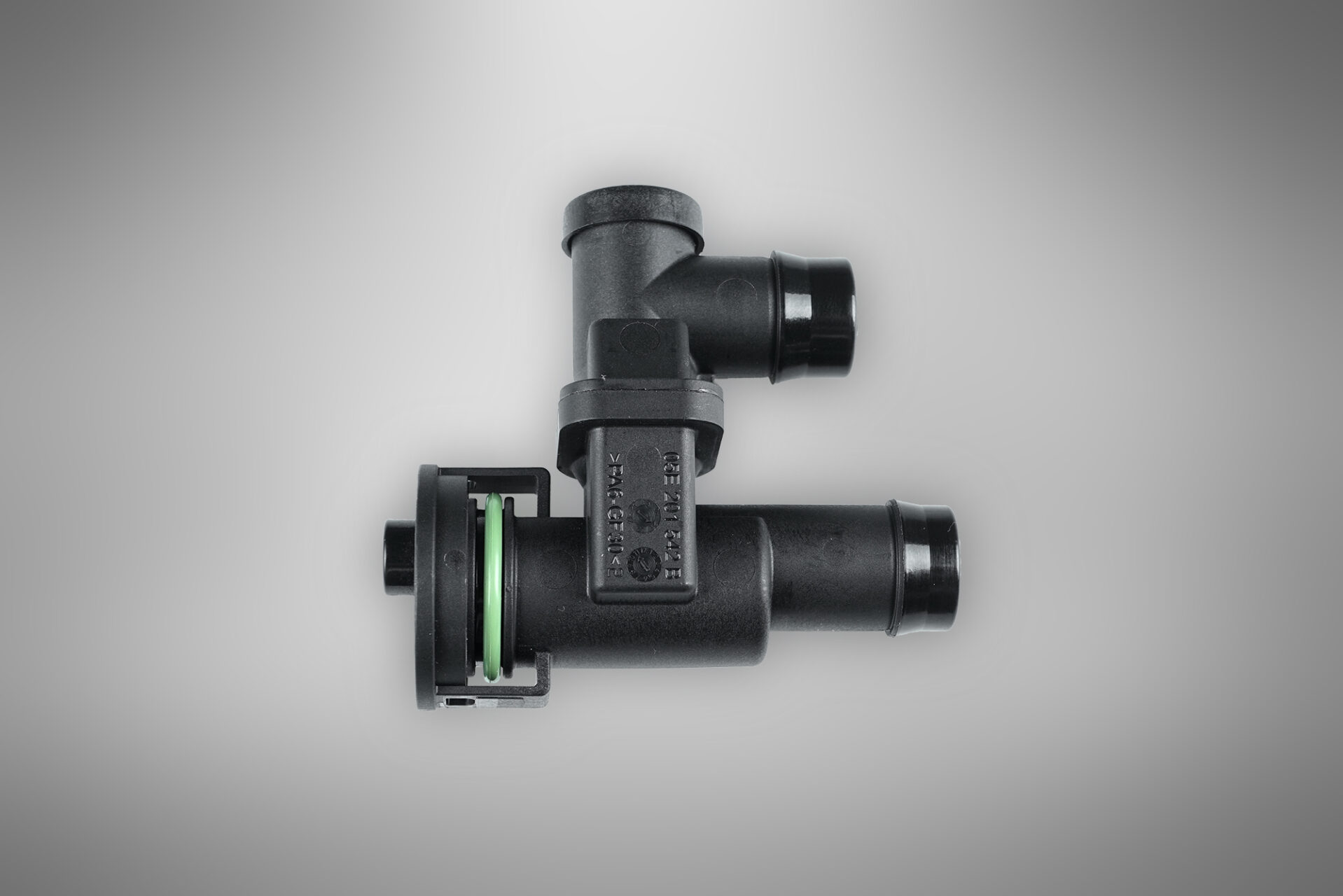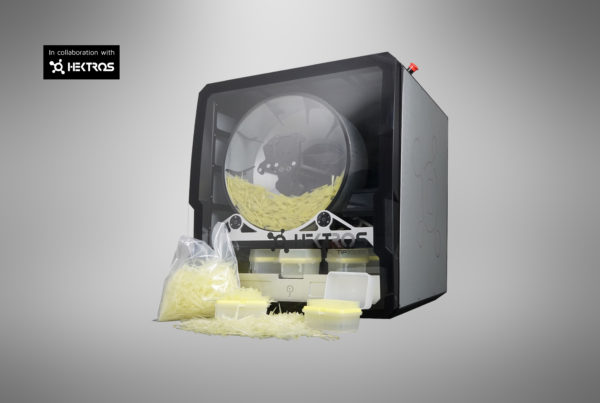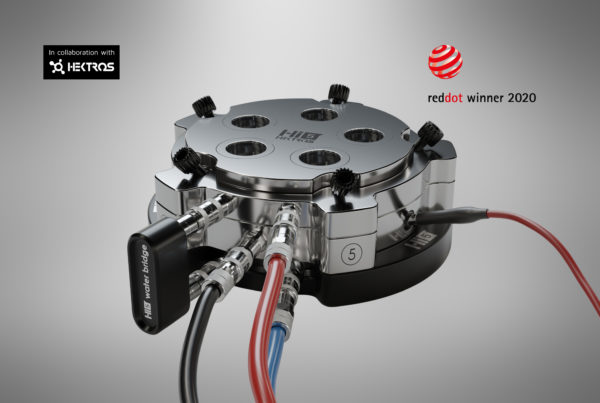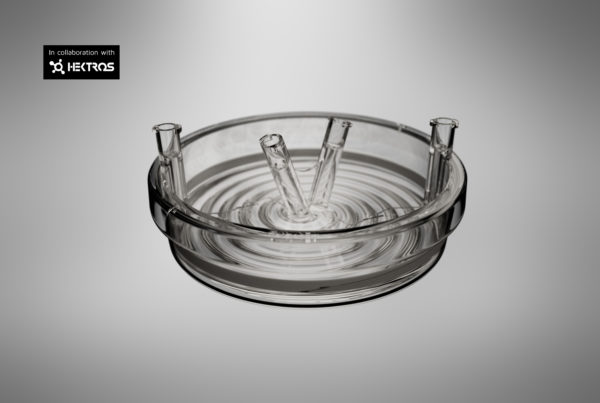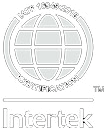Protecting the environment need not always be a spectacular gesture. Sometimes, just a small piece of plastic, no larger than a hand, is enough to make a contribution to improving air quality. In our case, it is a retention valve installed in Volkswagen engines to reduce emissions: one hundred percent a Tratter Engineering achievement.
At about ten centimetres long, the retention valve locks onto the intake hood of various Volkswagen engines and regulates the exhaust emissions through a complex vacuum system and a sophisticated control system. “This fact became important after the diesel emissions scandal that hit the manufacturer. Our valve allows you to monitor emissions and, if limits are exceeded, to immediately take appropriate countermeasures”, explains project manager Marco Bianchi.
The Venturi effect and microscopic precision
What sounds complex on paper is much more complicated in practice. “This project presents us with many challenges,” notes Bianchi. “The first was to become familiar with fluid mechanics, to understand the behaviour of air flows, the Venturi effect and the effects on a vacuum”. This was also a new field for Tratter’s experts, which required us to start at the beginning.
The second challenge – precision – was nothing new. However, the requirements of the project went far beyond the usual. “Here, we are not talking about precision expressed in tenths, but in hundredths of a millimetre, because otherwise the vacuum changes,” explains Bianchi. This precision work made it necessary to change the quality of the steel for tool production. “The wear would have been too great for standard tools.”
Millions of parts for the largest emerging market
The issue of the right steel for tools is also closely related to the challenge that Bianchi describes as “the huge number of parts that go into a Volkswagen retention valve. We produce 2.8 million of them in-house every year. That’s one every 5 seconds”.
To do this, Tratter had to switch from two-shift to three-shift production in order to achieve a certain number. This means “first of all, finding enough staff to operate the machines”. This effort was worthwhile, including for the customer. Today, Volkswagen can control its emissions, and Tratter can count on 1.5 million euros in sales per year.
Today, 1.2 million valves are delivered in Germany for the European market, while the remaining 1.6 million are reserved for China, the largest of the emerging markets . Which brings us to the fourth challenge: the cooperation with our Chinese partners. Bianchi is convinced that communication is decisive. “The Chinese do not accept “no” for an answer, it would be rude for them.”
South Tyrolean mentality in a ruthless sector
The word “no” is rarely heard at Tratter. “We take advantage of our South Tyrolean mentality, a mix of German and Italian attitudes, to take responsibility and seek solutions without compounding the issue”. Bianchi describes this way of working as “simply brilliant”.
“Our fluctuation is very low,” he explains; “our expertise remains very operational. Even new employees are integrated into the team and grow with the company, in a constant two-way learning process”. It’s also about a continuous exchange of information. “It often happens that we use coffee breaks to find solutions to a problem”. In a sector as complex and hard-fought as the automotive industry, this is vital for a company. “If something goes wrong, the culprit will be found here,” says Marco Bianchi “because the little ones are also the most defenceless. This is not an easy sector, but it is truly exceptional”.

